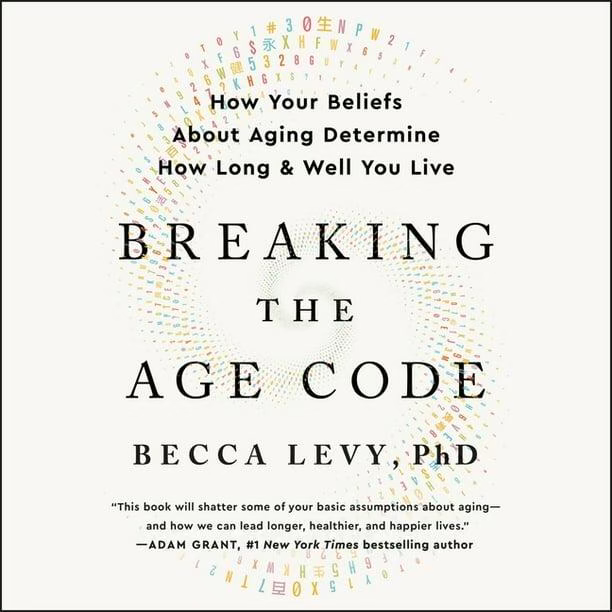Medicare Advisor Versus an Agent - Another Take on the Differences Between the Two
- Lynette Smith, RN, BSN
- Jun 29, 2022
- 2 min read
The Medicare Insurance industry is a federally funded program with a $776 billion annual budget. Because that is such a large amount of money, there is competition for that money among providers. Competition is between major healthcare organizations, companies that use insurance agents - either independent agents or captive agents who exclusively work for one insurance plan - and in some cases even the consumers are engaged in this recruiting process.
The competition among agents is also high. I have been told by captive agents about the pressure to meet quotas. I also know that these agents are interested in making sure the client’s needs are met because they do not want to lose them. They won’t benefit in the long run if their client goes to another agent - usually one representing another Medicare provider.
The fall 2021 issue of UAN carried an informative article on this subject, diligently detailing the distinction between a Medicare adviser and an agent, to assist seniors in finding ethical assistance as they travel on the Medicare journey. That article, written by an insurance advisor, warned that “Agents are focused on ‘making the sale’ whether the client’s needs and concerns are met or not.”
However, as an independent agent working in the community, helping and informing seniors and others who need education, support, and guidance in making sound Medicare decisions, my contention is that we are in fact focused on the client’s needs. We do so to serve the client and also to retain their business and make our commission. If an agent just enrolls someone to get their quotas filled, that client will easily leave to go to another agent or advisor who will take the necessary time and interest to meet their needs. So, it would not be in the agent’s best interest to fail in doing their due diligence in meeting the consumer’s needs.
As an independent Medicare agent, I begin with analyzing the client’s needs first, taking the time to listen to the client, assessing their needs for preventive wellness as well as any concerns around premiums, co-pays, and coinsurances. Building a good relationship with open communication is crucial to meeting the changing needs of the Medicare client.
Make no mistake about it, those large Medicare dollars are sought out by many. As an agent I get paid when I enroll someone into a Medicare health plan and that generates a monthly payment. However, if the client does not stay with the plan I enrolled them in for a specified period, the Medicare health plan withdraws that money back from my commission in a process called a chargeback. Therefore, it is in any agent’s best interest to take the time to assess, evaluate, suggest and then follow up to make sure that the clients’ changing needs are met.
Of course, there are always unethical agents and advisors, but it is not accurate or ultimately helpful to lump all agents or captive agents into that category. All of us working with the senior community should treat those we consult with care and respect - I’m proud to say that I do!
To learn about your coverage or to contact Lynnette Smith, call 313.510.8598, or email her at: jayresse1@att.net.




Comments